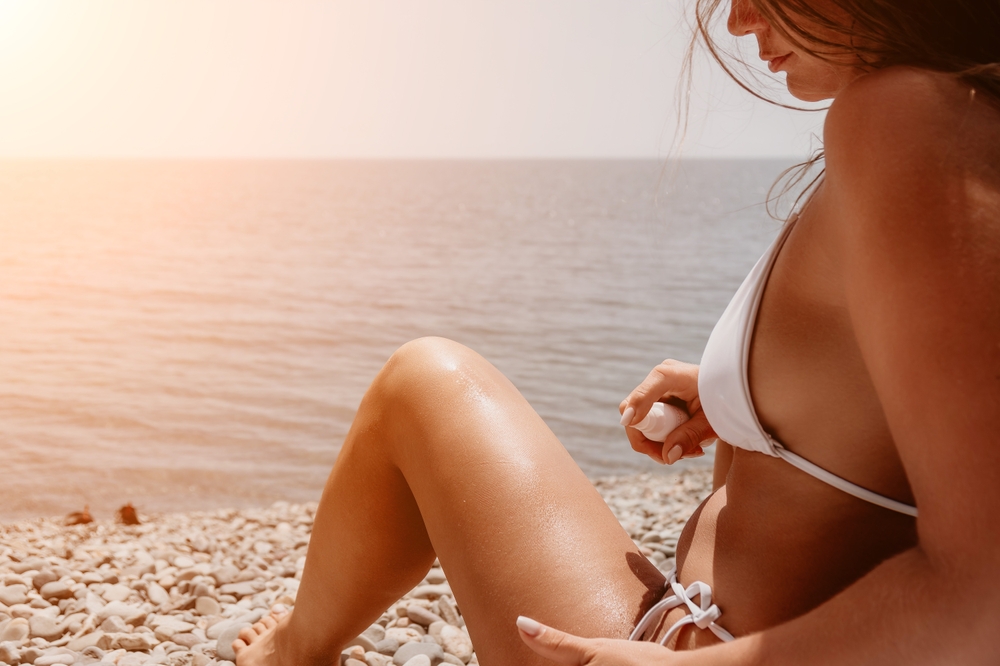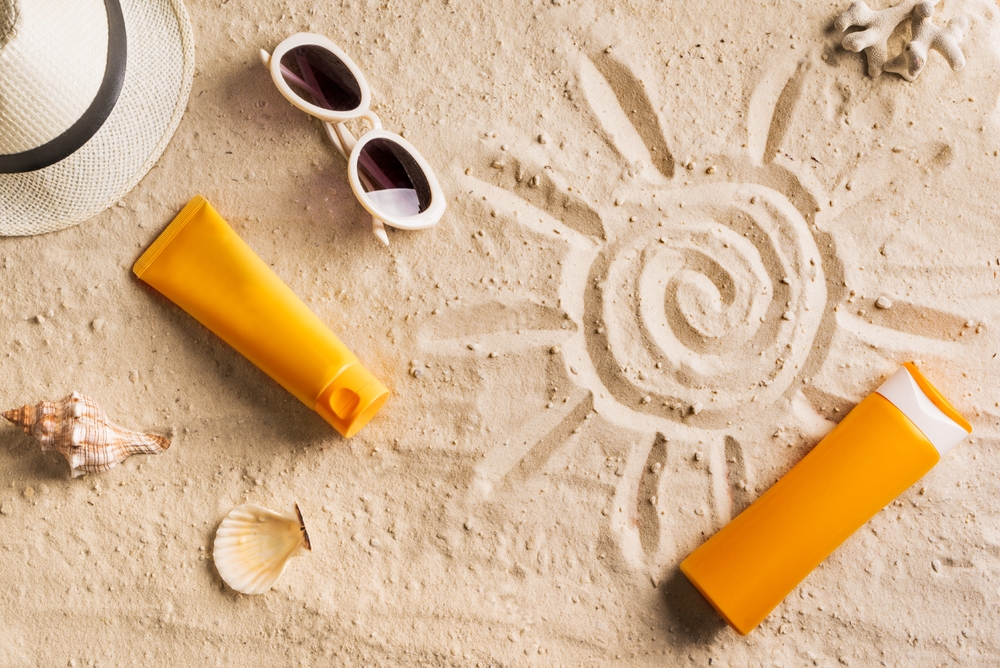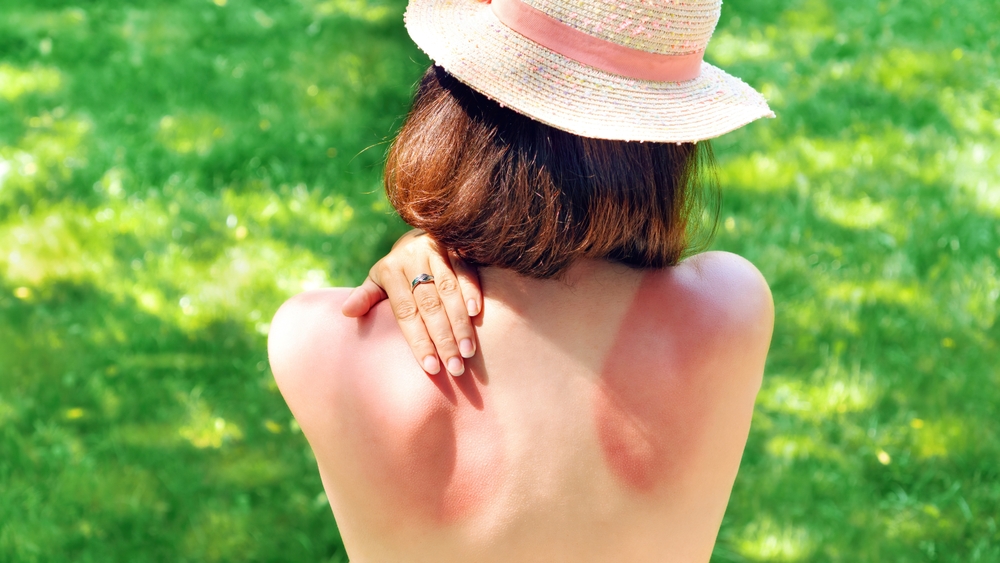New reports reveal that the National Institute for Clinical Excellence (NICE) has approved a new AI technology for the NHS to help reduce waiting times for skin cancer diagnoses after it was found that Britons are actively letting themselves burn increasing the risk of the UK’s deadliest skin cancer, melanoma.
The new AI tool will work to analyse images of moles or skin lesions to determine whether they are cancerous before referring patients to a dermatologist.
NICE has stated that use of the tool could have the potential to halve the number of referrals to dermatologists within the urgent skin cancer pathway.
Dr. Conal Perrett, London’s leading dermatologist at The Devonshire Clinic commented:
“Melanoma is the deadliest form of skin cancer, responsible for over 2,000 deaths a year in the UK. Early diagnosis and treatment are important to prevent it from spreading to other organs.
“By embracing this technology within the health sector, waiting times could be massively reduced which means that patients who have been diagnosed with a type of skin cancer will be able to get the treatments they need at a much faster rate.

“However, it is essential people understand that skin cancer is preventable by being skin conscious all year round. The risks associated with sunburn and excessive sun exposure far outweigh the appeal of a temporary tan.
“With the skin being the largest organ of the body, sun exposure can cause thinning over time meaning it can become more susceptible to skin conditions and cancer.”
Melanoma Focus’ most recent poll of 2,000 Brits found that 19% said they “rarely” wear sun cream in the UK between May and September, 8% said they “never” use sun cream during this period, and almost one in 10 (9%) said they never wear sun cream at all.
Dr. Perrett shares essential tips to stay skin safe this summer:
1. Be Cautious on Cloudy Days
UV rays can penetrate clouds, so don’t let overcast skies fool you as up to 80% of UV rays can still reach your skin.
Sun protection is necessary even on cloudy, cooler, or windy days, especially during the spring and summer months when UV levels are typically higher.
2. Avoid Sun During Peak Hours
UV rays are strongest between 11 am and 3 pm, so try to stay in the shade or indoors during these hours when possible.
If you do need to be outside, take extra precautions such as wearing protective clothing, staying in shaded areas, and using a high SPF sunscreen. Reducing exposure during peak hours can significantly lower your risk of sunburn and long-term skin damage.
3. Check the UV Index
Before heading outside, check the daily UV index, which is usually available through weather apps or websites.
A UV index reading of 3 or above means you should take sun safety precautions, including wearing sunscreen, seeking shade, and wearing protective clothing. Being UV-aware helps you plan and protect your skin accordingly.

4. Wear Broad-Spectrum Sunscreen Daily
Using sunscreen every day is one of the most effective ways to protect your skin from harmful UV rays. Always choose a broad-spectrum sunscreen with an SPF of 30 or higher to guard against both UVA and UVB rays.
Apply it generously at least 30 minutes before going outside and remember to reapply every two hours, especially after swimming or sweating. Pay attention to commonly missed areas like the ears, neck, scalp, tops of the feet, and the backs of the hands.
5. Check Your Skin Regularly
Early detection is key to treating skin cancer successfully. Perform regular skin self-examinations to look for new or changing moles, freckles, or spots.
Use the ABCDE method to guide you: Asymmetry, Border irregularity, Colour variation, Diameter over 6mm, and Evolving shape or size.
6. Never Use Tanning Beds
Tanning beds emit harmful UVA and UVB rays that increase the risk of developing melanoma and other types of skin cancer.
The use of tanning beds is especially dangerous for younger people, significantly raising their lifetime risk. There is no such thing as a “safe tan” – natural or artificial – UV exposure damages the DNA in your skin cells.
Why Regular Face Masking Is the Secret to Flawless Makeup, According to a Celebrity Makeup Artist





